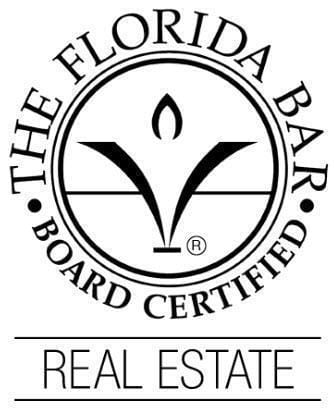You’ve found a home that you absolutely adore and you’ve made an offer that you think is more than fair — and then you’re suddenly asked to plunk down a sizeable chunk of change as something called “earnest money” as soon as your bid is accepted.
Don’t panic. This isn’t some kind of trick or a scam — although if you’re a first-time homebuyer (or it has been a while), you may not realize that this is a totally normal occurrence.
Earnest money — which is also called “good faith” money — is designed to show that you’re serious about your offer. You place it in your agent’s keeping to give the seller a solid reason to believe that you won’t change your mind. That lets the seller comfortably take the home off the market while you go through the usual steps of acquiring or finalizing your loan, having the home inspected for problems and getting the appraisal for the bank.
Your earnest money is usually significant enough to financially pinch if you decide to back out of the deal unfairly. In many markets, 1% to 2% of the house’s purchase price is normal — but that can rocket up to 10% in a seller’s market. In other areas, it isn’t uncommon for sellers to accept a flat amount, like $500, $5000 or more.
If the deal falls through for a valid reason (meaning it’s part of your agreement with the seller) you generally get your earnest money back. The same is true if the seller backs out of the deal for some reason. However, if you break the deal for another reason — maybe simply because you decide you don’t like the neighborhood after all — the seller gets to keep your deposit.
Real estate transactions can be complicated — even for professionals. Don’t try to handle the purchase of a new home on your own without legal assistance.




